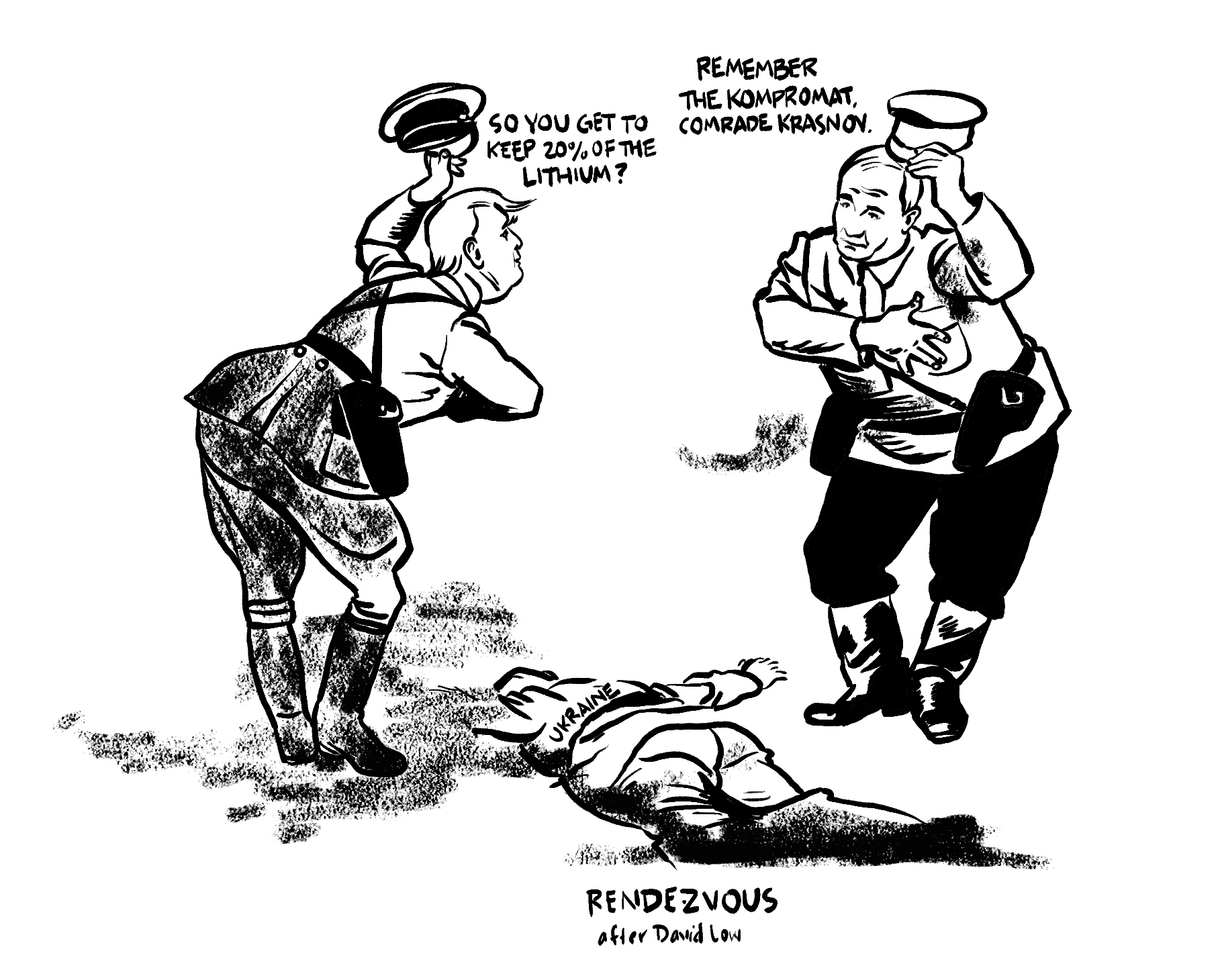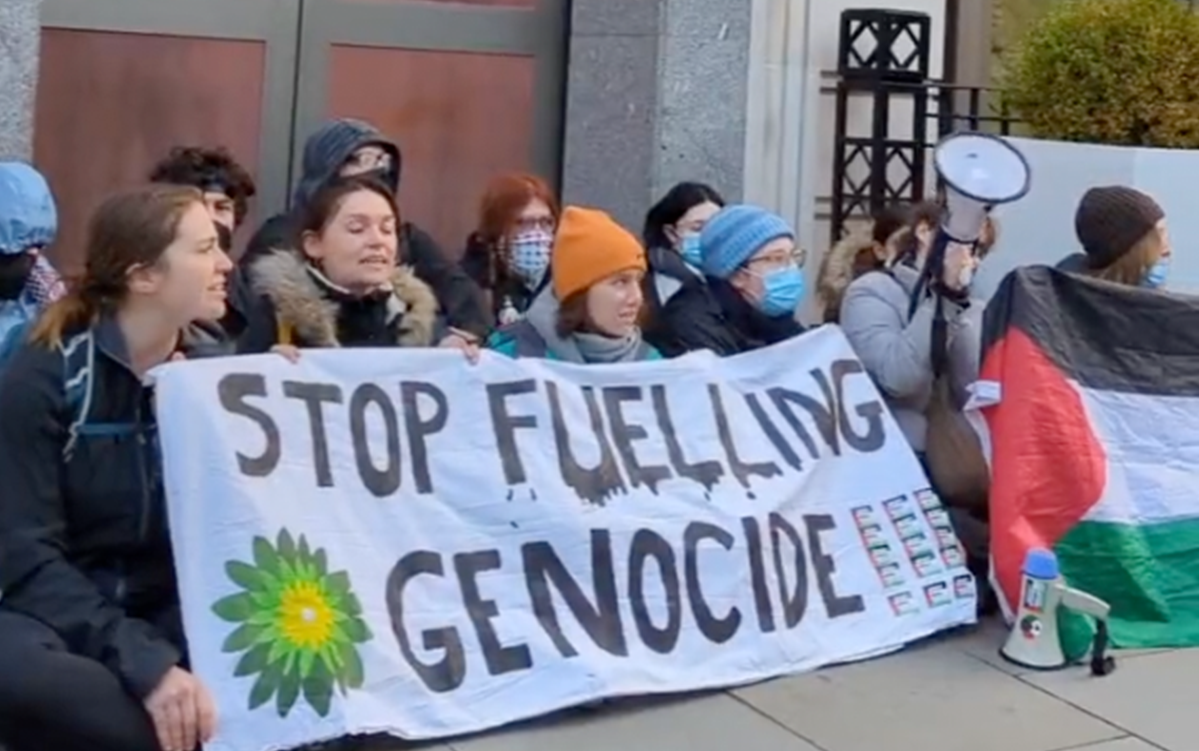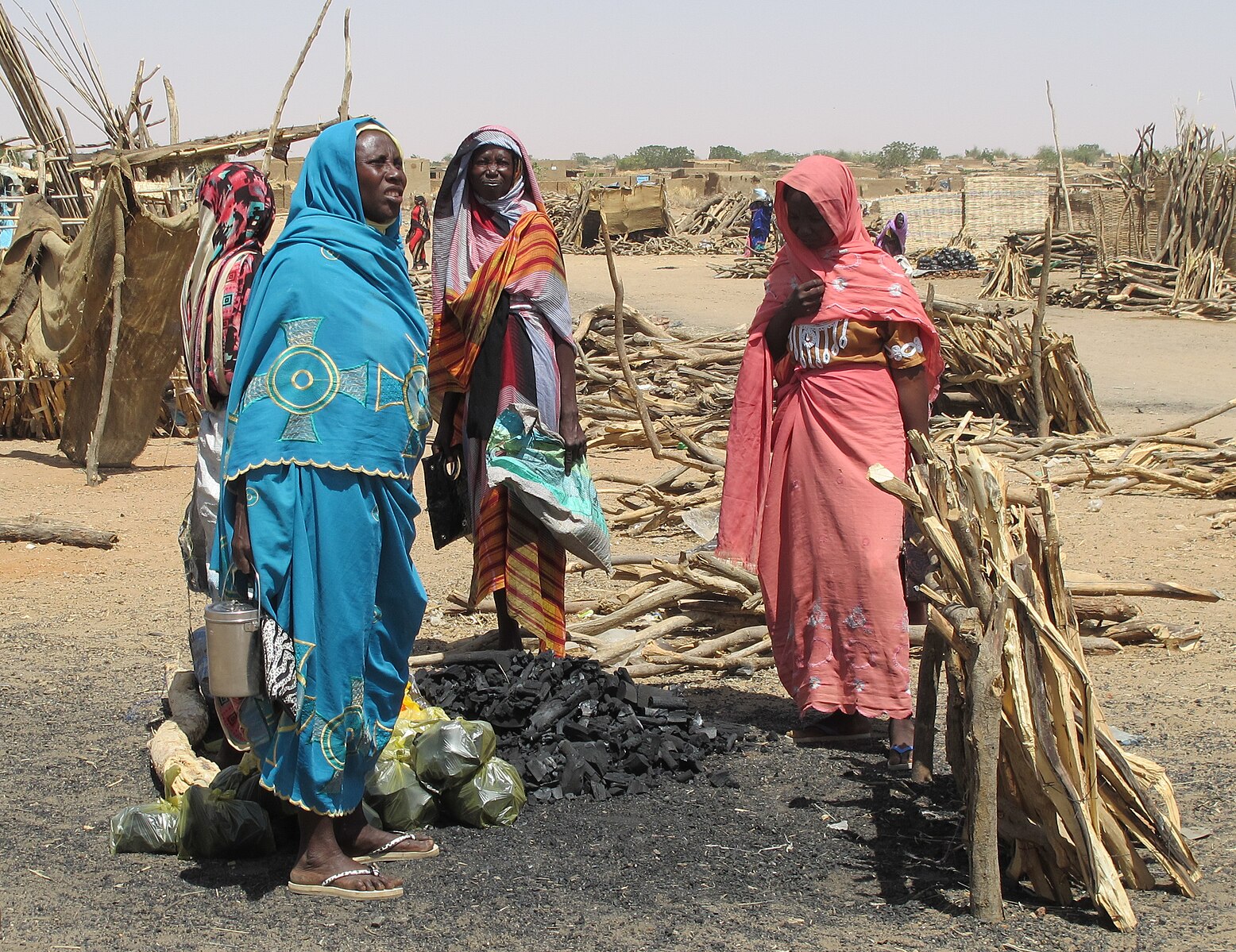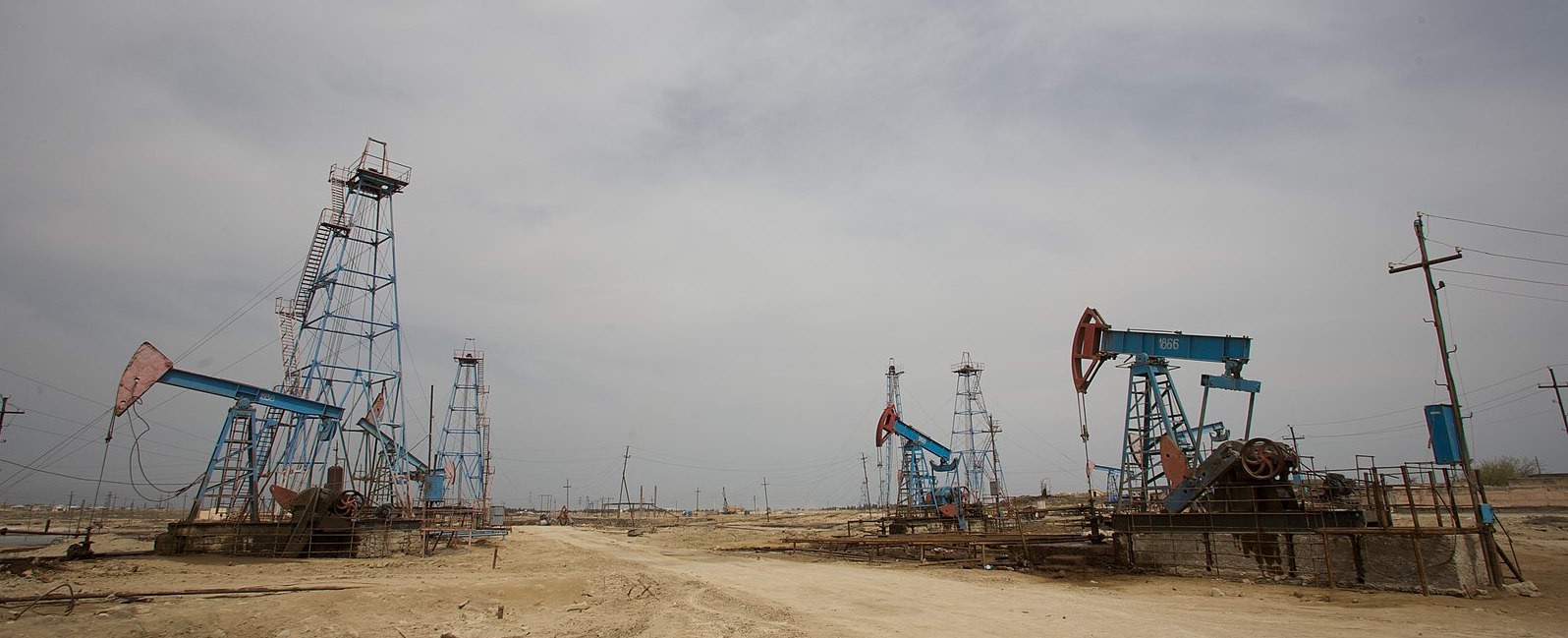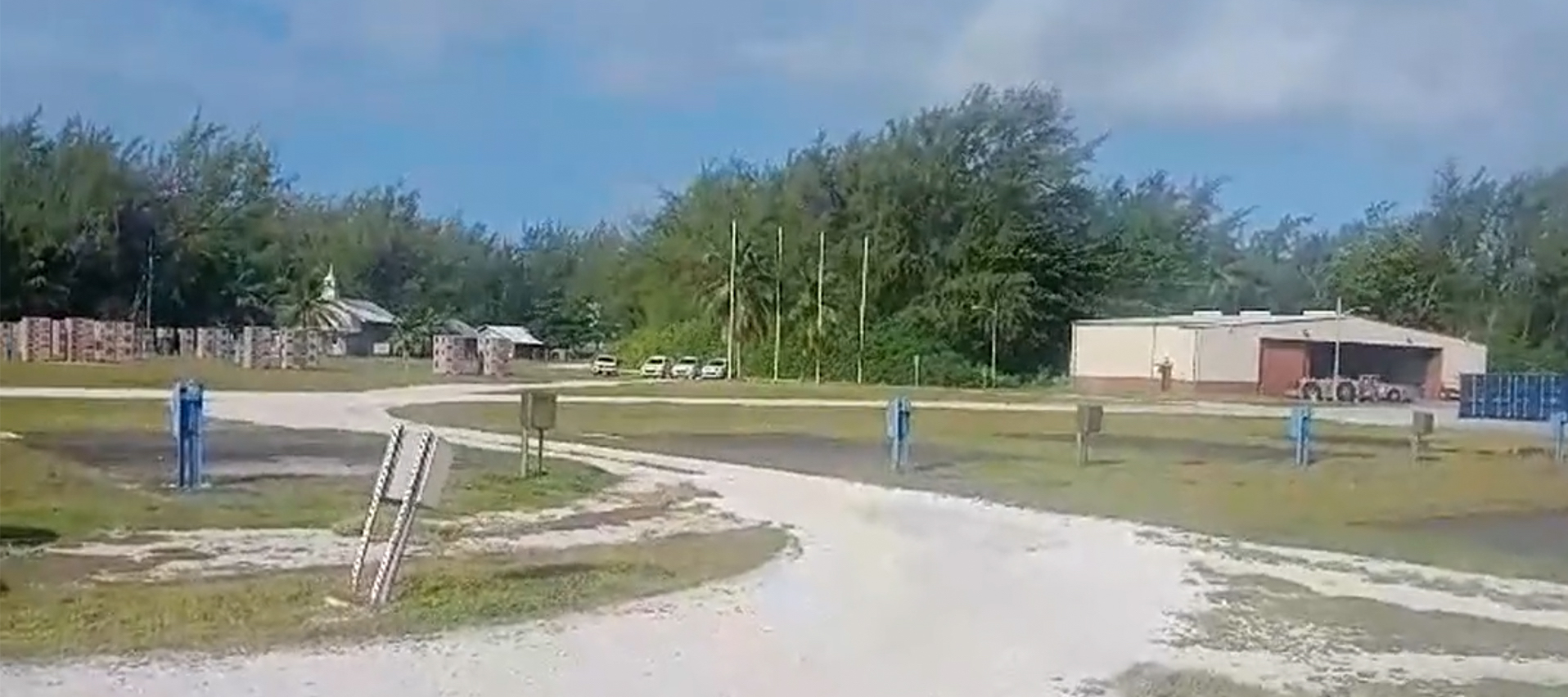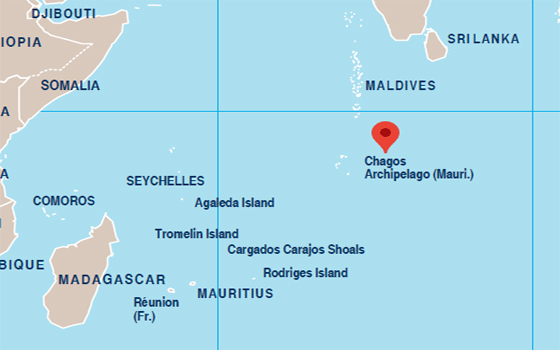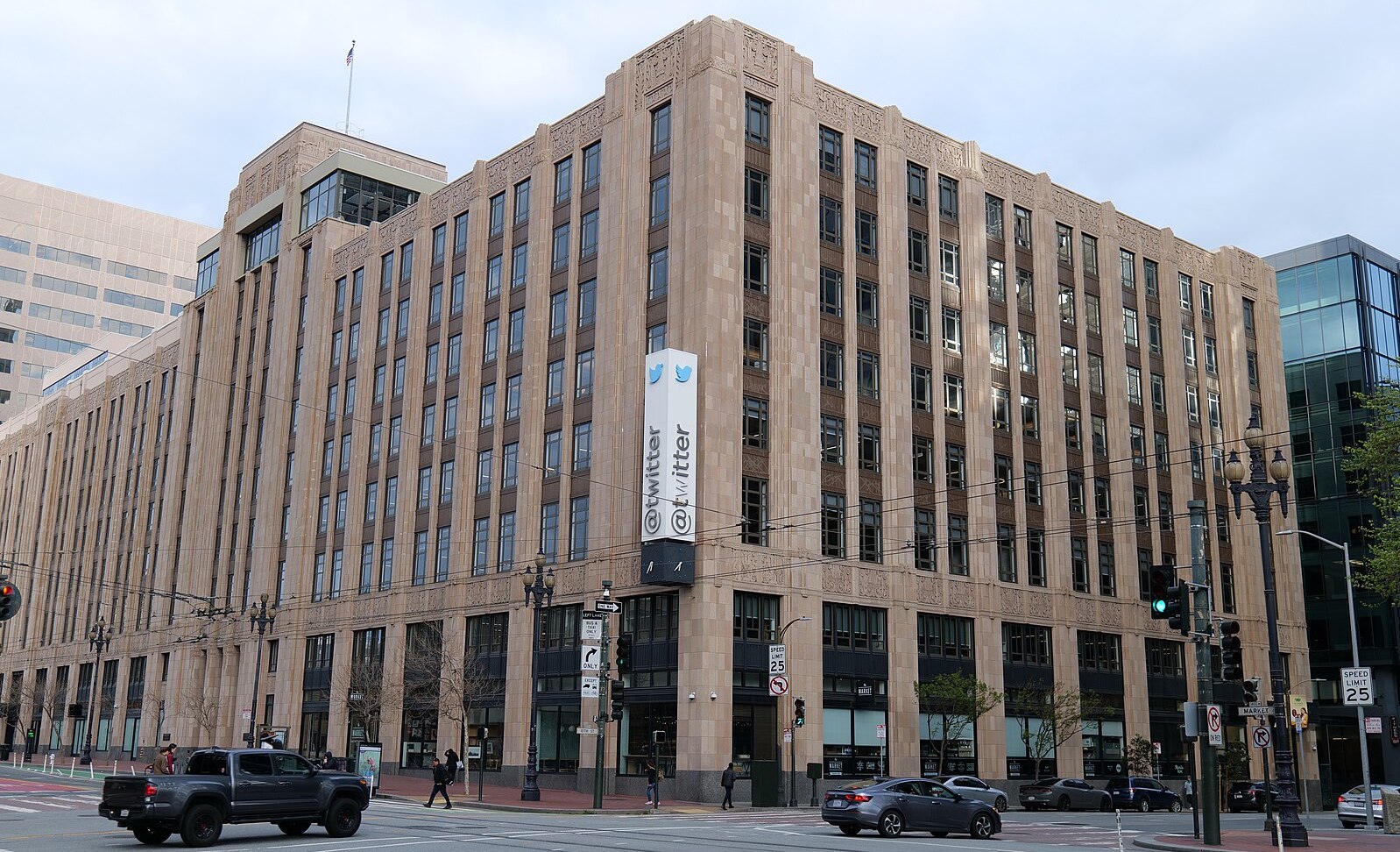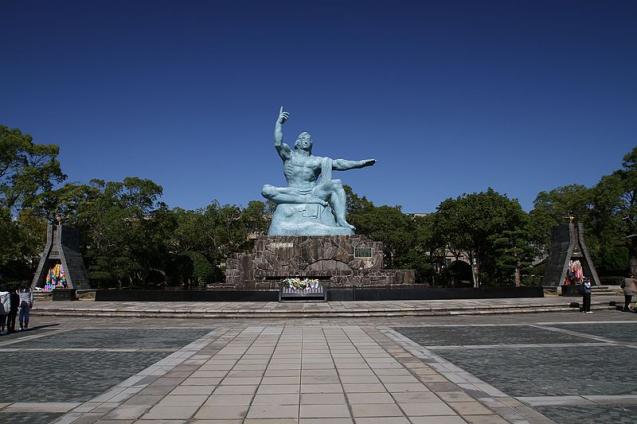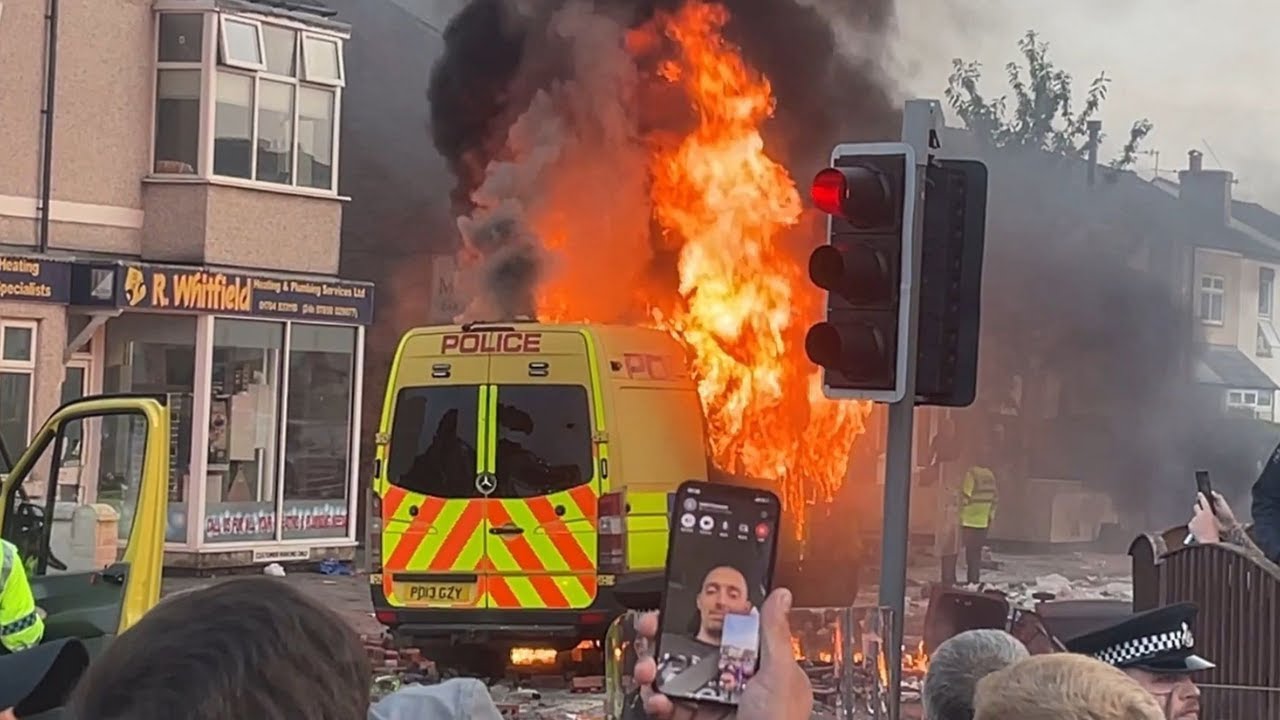
Signal breach exposes flippant attitude to civilian deaths
Nearly 60 people, including children, have been killed as the United States expands its two-week bombing campaign in Yemen to include (according to a review by the Associated Press) “firing at ranking personnel as well as dropping bombs in cities.” This comes as recently exposed Signal messages between senior US officials discussing the air-strikes demonstrated a flippant attitude towards the lives of Yemeni civilians. In one disturbing exchange concerning an apparent strike on a civilian apartment building, National Security Advisor Mike Waltz writes: “The first target—their top missile guy—we had positive ID of him walking into his girlfriend’s building and it’s now collapsed.” “Excellent,” comes the reply from Vice President JD Vance. The messages, which were brought to light after a journalist from The Atlantic was mistakenly added to the officials’ group chat in a staggering breach of normal security protocols, show a callous indifference to the ethical implications of bombing civilian areas. This is perhaps unsurprising for a country that provided many of the planes and trained many of the pilots involved in the Saudi-led bombing campaign that killed over 9,000 Yemenis between 2015 and 2022. (Map via PCL)



